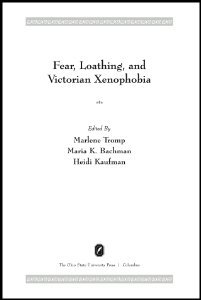By George Meredith (Author), Colin Heston (Introduction)
Vittoria, published in 1867, is one of George Meredith’s most ambitious historical novels and serves as a sequel to his earlier work Sandra Belloni (originally titled Emilia in England). While Sandra Belloni explored the struggles of an Italian-born heroine within the confines of English provincial society, Vittoria shifts the scene entirely to Italy during one of the most turbulent and significant periods of the 19th century—the Italian Risorgimento, the movement for national unification and independence from foreign rule.
In Vittoria, Meredith combines the personal and the political, weaving a narrative in which the inner development of the heroine, Vittoria, mirrors the aspirations and tumult of the Italian national cause. The novel is set during the events of 1848, a year of revolutionary fervor across Europe, when Italy was in the throes of armed uprisings against Austrian dominance. Through the story of Vittoria, a gifted opera singer who becomes involved in the nationalist struggle, Meredith addresses questions of patriotism, duty, identity, and the costs of freedom. Ultimately, Vittoria is a novel about courage—the courage to defy oppression, to embrace love in the face of danger, and to live a life that is aligned with one’s highest convictions. It is both a stirring narrative of revolution and an enduring meditation on the responsibilities that come with freedom. For readers willing to engage with its intellectual demands, Vittoria offers a richly rewarding experience—a testament to Meredith’s belief that literature should challenge as well as enlighten.
Read-Me.Org Inc. New York-Philadelphia-Australia. 2025. 358p.





